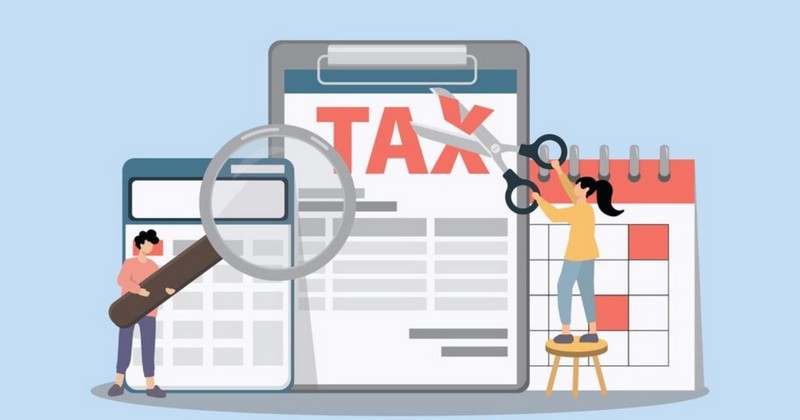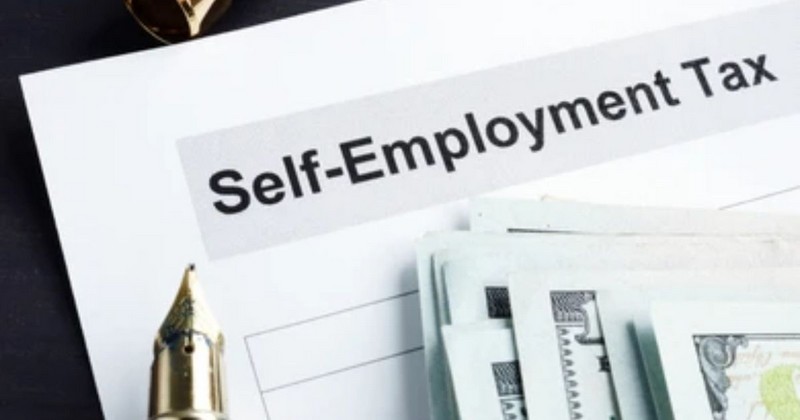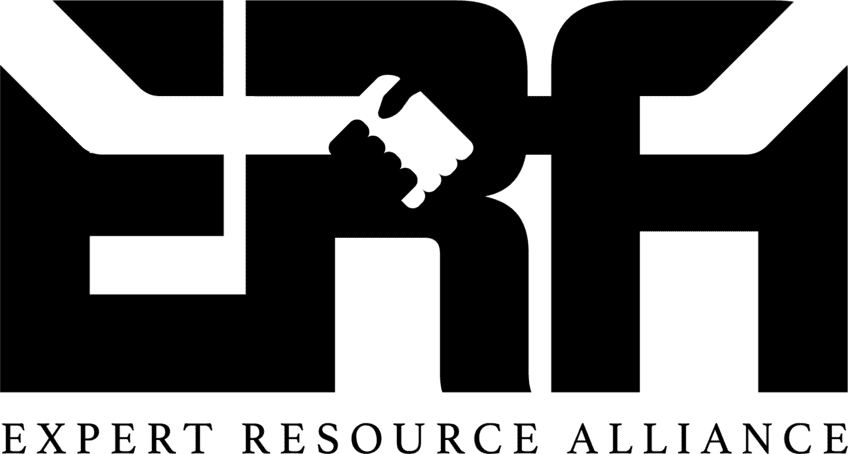As a self-employed worker, you may overpay taxes annually because you are unaware of what taxes you pay or can deduct. Our ERA guide on 13 self-employed tax deductions may help you save more money through tax payment reductions.

What is Self Employment?
Self-employment is working independently or via your own LLC to earn income without being an employee and receiving a salary.
They are usually individuals who are highly skilled in their aspect, for example:
- Author
- Craftspeople
- Trader
- Attorney
- Freelancer
- Independent contractor.
Self-employment working has attractive benefits for individuals, including:
- Boost your income to have a better life.
- Give you a chance to be more creative and control in working.
- Grow up your skill and knowledge base.
- Help you connect and maintain more client networks.
Self-employment means:
- Take control of your schedule
- Choose your derided working environment
- Have tax savings
13 Common Self-Employed Tax Deduction
According to the Internal Revenue Service (IRS), self-employed tax deductions are expenses you can reduce on tax payments for specific expenditures such as car, business travel, equipment, etc.
You should note the following list of self employment deductions.
Home office

The home office is your workspace, whether it’s rented or your home. You might use your home as an office, a storage area, or for any other purpose.
The home office deduction is a tax reduction on regular and exclusive related costs, including:
- Rent
- Electricity
- Property taxes
- Maintenance
- Repairs.
If your workplace is less than 300 square feet, you can utilize IRS Simplified. You might claim $5 per square foot rather than stating all expenditures. This method allows you to deduct up to $1,500 annually.
Educational expenses

Educational expenses, in this case, are so-called qualifying work-related education. They cover:
- Books
- Tuition
- Supplies
- Round-trip transportation expenses.
The cost of education only qualifies when it directly enhances one’s ability and knowledge to work. This deduction is exceptional if you attend self-learning courses to leverage your skills.
For example, if you are working in a business department and want to enhance your work, you can take a course called ” Master of Business Administration” and get tax deductions, but a class on real estate would not.
Depreciation of property and equipment

Depreciation of property and equipment occurs when items used in your work, such as printers, computers, and telephones, become less valuable over time. You will then receive a deduction for those items’ expenses.
For example, a printer you purchased a few years ago is worth less now, which refers to depreciation. It will be on the list of self-employed deductions you must attend.
Car expenses

If you constantly drive for work, mileage and car expenses such as parking fees, tolls, etc., within the travel are substantial tax deductions. Remember to keep your receipts and include them when you file your 1099 tax deductions.
In 2023, the IRS usually reduced about 65.5 cents for every mile you drive for work. However, this rate can change yearly, so you should stay updated.
Business travel

If you travel for conferences or business meetings, you can have the deductions for self employed in some costs covering:
- Half of your meals
- Hotel stays
- Taxis
- Airline tickets
You can still write off your travel expenditures even if you decide to prolong your vacation for private reasons, but it must be short and suitable for your working schedule.
Cell phone & Internet

The money you spend on your phone and internet bills for business is deductible. However, you only deduct costs directly associated with your business, such as website maintenance fees.
The IRS states that basic local service fees for a single phone line are not deductible. However, you can write off the additional costs if you use a second phone line only for business purposes or if you make long-distance business calls.
Health insurance

As a self-employment worker, you can lower all your health insurance premiums on your 1099 deductions form. It includes coverage for health, dental, and vision care.
If your spouse, dependents, and children under 27 are on your tax return, you can have a deduction on the coverage you pay for them. This amount will include:
- Spectacles
- Over-the-counter medications
- Chiropractor appointments.
Business Insurance

Business insurance is deductible for taxes. It covers general liability, theft, fire, and workers’ compensation.
This insurance protects you from unplanned costs caused by accidents or business issues. For example, you are a designer who designed a client’s logo. If the client claims the logo caused them financial trouble, such as a legal issue, professional liability coverage helps pay for the costs. It keeps you safe from significant expenses.
Retirement savings

As a self-employed person, you can save on self-employment tax deductions when you retire by investing in accounts like SEP-IRAs, SIMPLE IRAs, or solo 401(k)s.
You can turn it into more than $22,000 in 2023 and $23,000 in 2024. If you’re over 50, you can put on even more with catch-up contributions—up to $7,500 annually.
For solo 401(k)s, your total contributions can be at most $66,000 in 2023 and $69,000 in 2024. That doesn’t include catch-up contributions of $7,500 each year.
Startup costs

Startup costs are the money you spend launching your firm before it opens. These might include meetings with suppliers, staff training, or advertising.
It may be possible to deduct up to $5,000 for startup expenses and an additional $5,000 for officially establishing your company, such as by establishing an LLC. However, your deduction will be lower if your startup or legal expenses total over $50,000.
Self-employment tax

Self-employed individuals, such as freelancers and independent contractors, pay a self-employment tax of 15.3% of their income for Medicare and Social Security, 12.4% for Social Security, and 2.9% for Medicare.
The self employment deduction lowers your tax expenses. According to the IRS, you can reduce one-half of your income from independent work taxes such as social security and medical care taxes.
Bank fees and business interest
You can deduct interest expenses on a loan taken for your business. However, this deduction only applies if the loan is used for both personal and commercial purposes.
You can also write off monthly service charges or check fees from your business bank account. These fees might increase because several banks impose fees for these services.
Moreover, you can also reduce costs, such as yearly charges and interest on a company credit card.
*Tip: You can still deduct interest even when using a personal credit card for business-related costs.
Qualified business income (QBI) deduction

Qualifying business income deduction (QBI) is a new tax benefit for small company owners and independent contractors. It enables qualified employees to deduct a percentage of their business revenue from their taxes.
According to the IRS, if your total taxable income does not exceed $182,100 for singles or $364,200 for couples in 2023, you may be eligible for a 20% deduction on your company income.
You can deduct company earnings from your taxes if you declare them pass-through income, including:
- Earnings from partnerships
- S-corporations
- LLCs
- Sole proprietorships.
Frequently Asked Questions
What Documentation Do I Need to Support My Deductions?
To get the tax deductions for self employed, you should keep some related business documents. There are two main types:
Gross receipts: These are your business’s total income. You should keep documents such as
- Cash register tapes
- Deposit records
- Receipts
- Invoices
- Forms 1099-MISC.
Purchases: These are the things you buy and sell to customers. For manufacturers or producers, this covers the price of components or raw resources needed to create final goods. So it’s vital to keep documents:
- Canceled checks
- Cash register receipts
- Credit card statements & invoices showing who you paid
- The amount, proof of payment, date, and a description.
What Are Tax Deductions for Self-employed Individuals?
Tax deductions for self-employed individuals are a wide range of business-related costs that they can deduct. They include:
- Home Office
- Health Insurance
- Retirement Savings
- Business Expenses
- Vehicle Costs
- Travel and Meals
- Education
- Insurance
- Interest and Fees
What is the Difference Between Tax Deductions and Tax Credits for Self-employment?
Tax deductions lessen your taxable income, and it varies in amount based on your income tax rate.
In contrast, tax credits immediately reduce the taxes due and lower your tax liability dollar for dollar.
This guide provides 13 standard self-employed tax deductions, hoping to help you know what to claim to reduce your tax burden and improve your savings. It’s better to be informed and contact our ERA tax professional to ensure you maximize your deductions while following tax laws.
See more: Self-Employed Proof Of Income
Ms. Tracy has worked in human resource consulting for over 15 years. A driven entrepreneur focused on business expansion and people development. She previously worked as Country Manager for an international Australia firm that specializes in global workforce management, as well as several key roles as Business Growth Director and Executive Search Director for both large local firms to effectively drive their business growth. A strong emphasis is placed on aligning organizational priorities/objectives with business needs. She has a large network of local business leaders and a thorough understanding of the local market.









